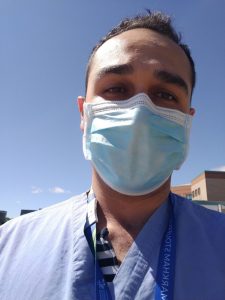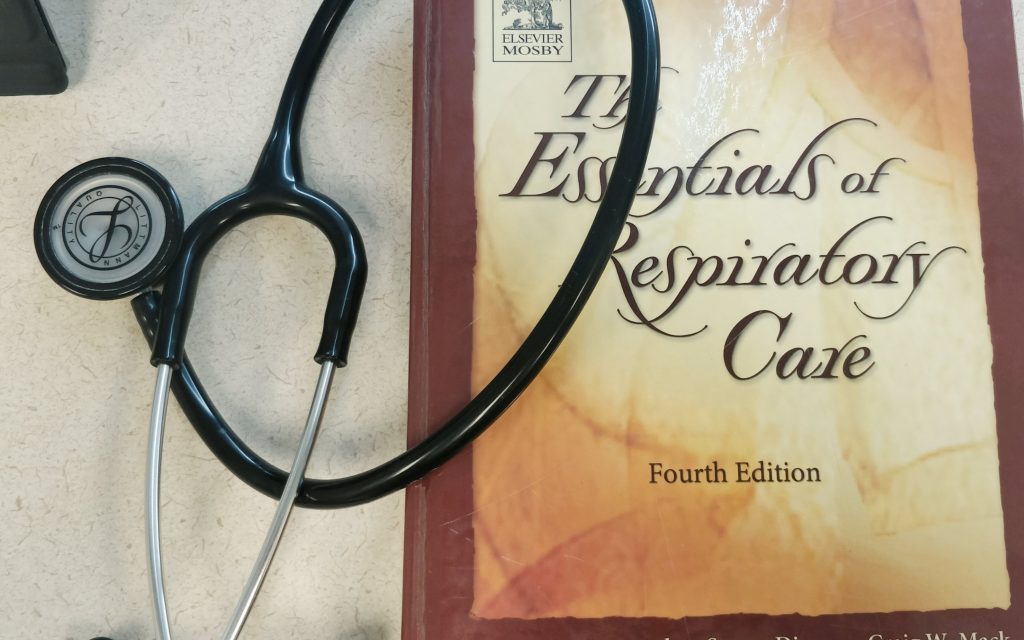A nasopharyngeal swab this past Friday followed the end of my deployment in acute care. A phone call from Markham-Stouffville Hospital confirmed a negative COVID-19 result. I endured 15 seconds of discomfort for a comfortable return to the PFT lab. It was a happy ending to being upfront.
Almost 4 months ago we stopped our pulmonary function testing. I was deployed to the acute care side of the respiratory therapy department. Helping in ICU, Emerg and wards. It was a quick refresher and a dive back to a side of respiratory care that I had not been involved with for almost 6 years.
While my exposure to COVID-19 patients and equipment were with proper PPE utilization, one could never be too sure. At the end of my rotations, and before seeing vulnerable patients in the PFT lab, I decided to get tested.
This is not the first time I have been tested over the last 3 months. With the start of spring, my seasonal allergies became evident. Mornings with red eyes and a runny nose were becoming the new norm for me. At the start of all this, and with these new symptoms, screeners and the occupational health department sent me for testing.
While I was relaxed, comfortable and calm about my recent, second test, the feeling about my first test was not the same. With my first test, I felt almost embarrassed and annoyed. Calling my manager and wondering what my colleagues would think about me being off due to COVID-19 was at the back of my mind. I didn’t want to be known as the person who didn’t use his PPE correctly or be known as the person who got deployed to be helping but now has become a vector. The only reason I am sharing my past false perception and beliefs is to share two points with you. Firstly, of course, you should do your best to follow proper hand hygiene, PPE, social distancing and other recommendations. Even if you have done all of the above correctly, it doesn’t mean that you are 100% protected. Secondly, there is no shame in getting COVID-19. Testing is becoming more readily available, so if you have any concerns that you might have contracted COVID-19, please get tested. It is important not only to look after yourself but also to protect others.
While I work in the healthcare field in Canada, this recommendation extends to all the frontline workers in the world. Thank you for your dedication and service. To those who have followed the recommendations and remained at home, thank you for your team effort. To those who have lost their jobs, became ill with this disease, or lost someone because of it, my heart goes out to you. 2019 and 2020 have been difficult but has shown me that we do great things when we come together. #StrongerTogether.
Farzad Refahi
June 13, 2020
www.respiratory.blog/unsure?-get-tested!/




